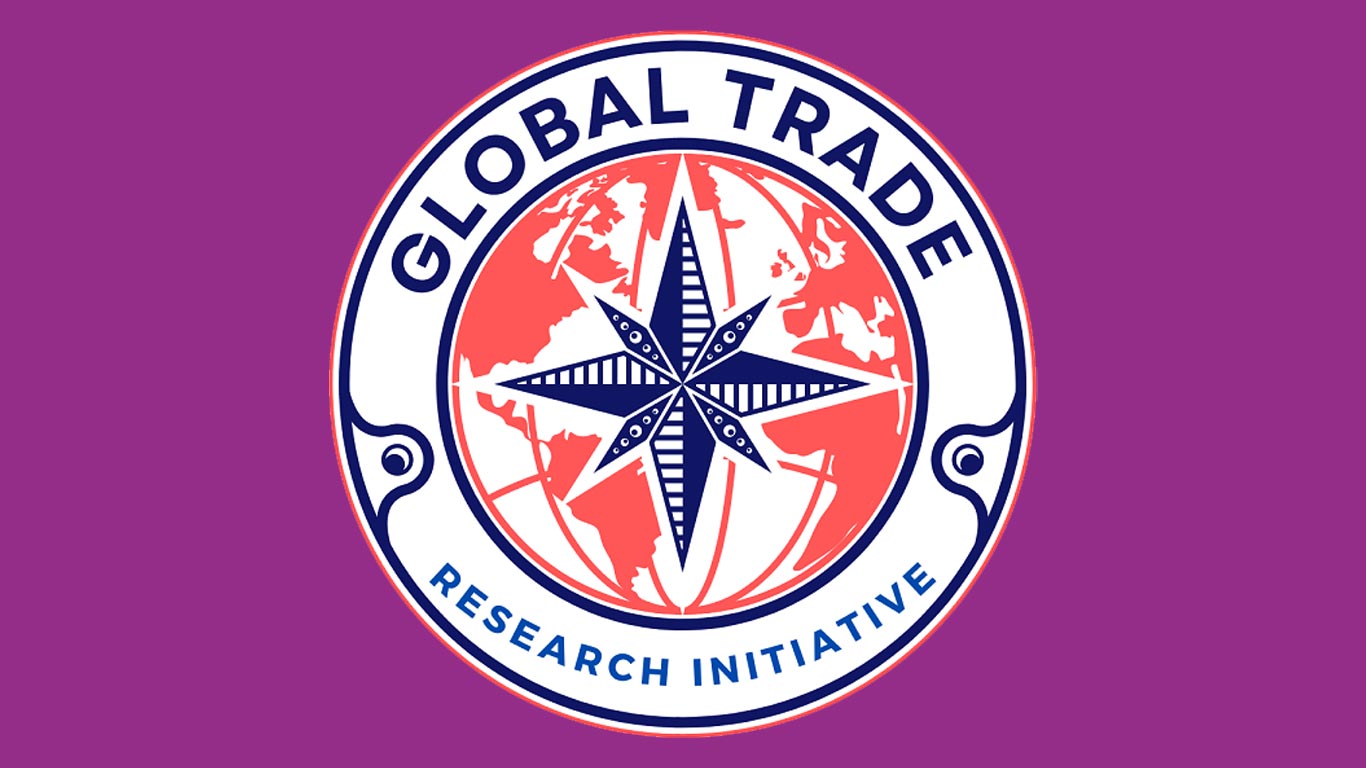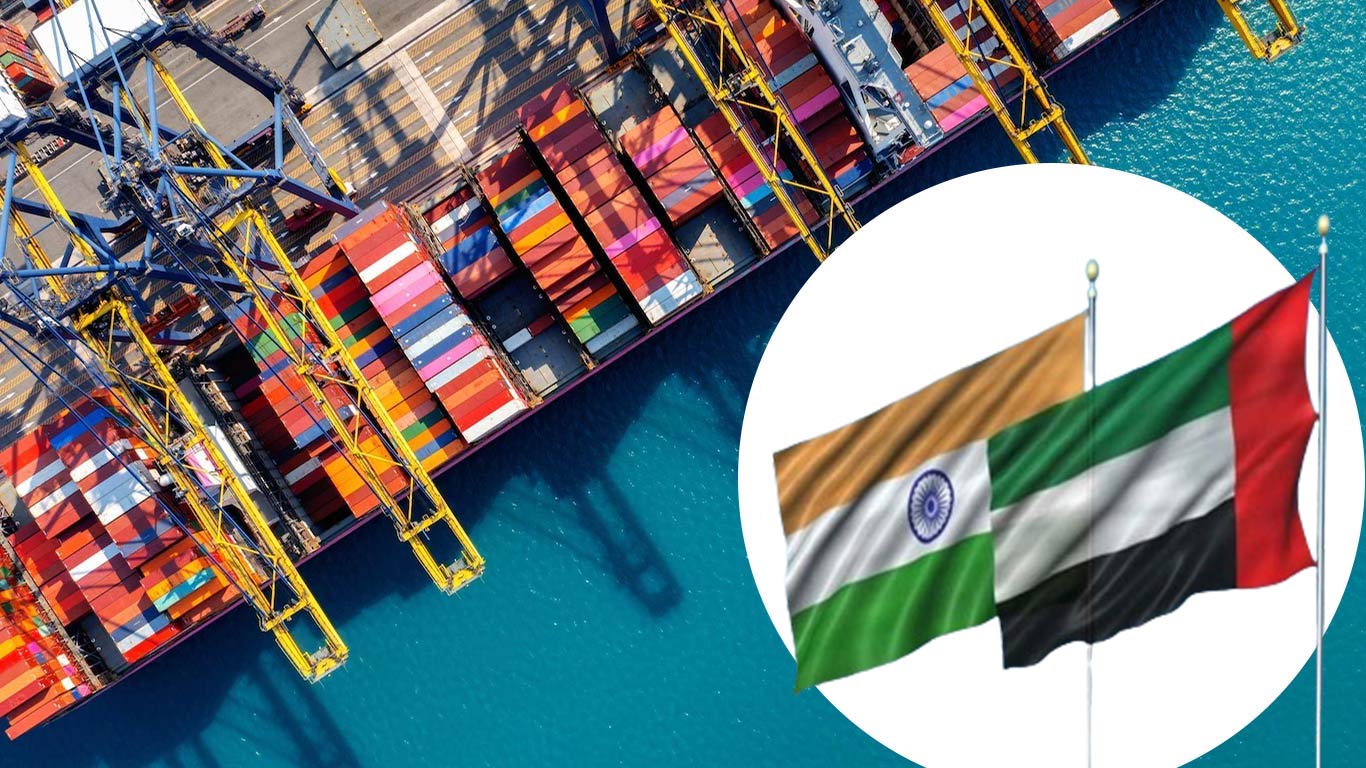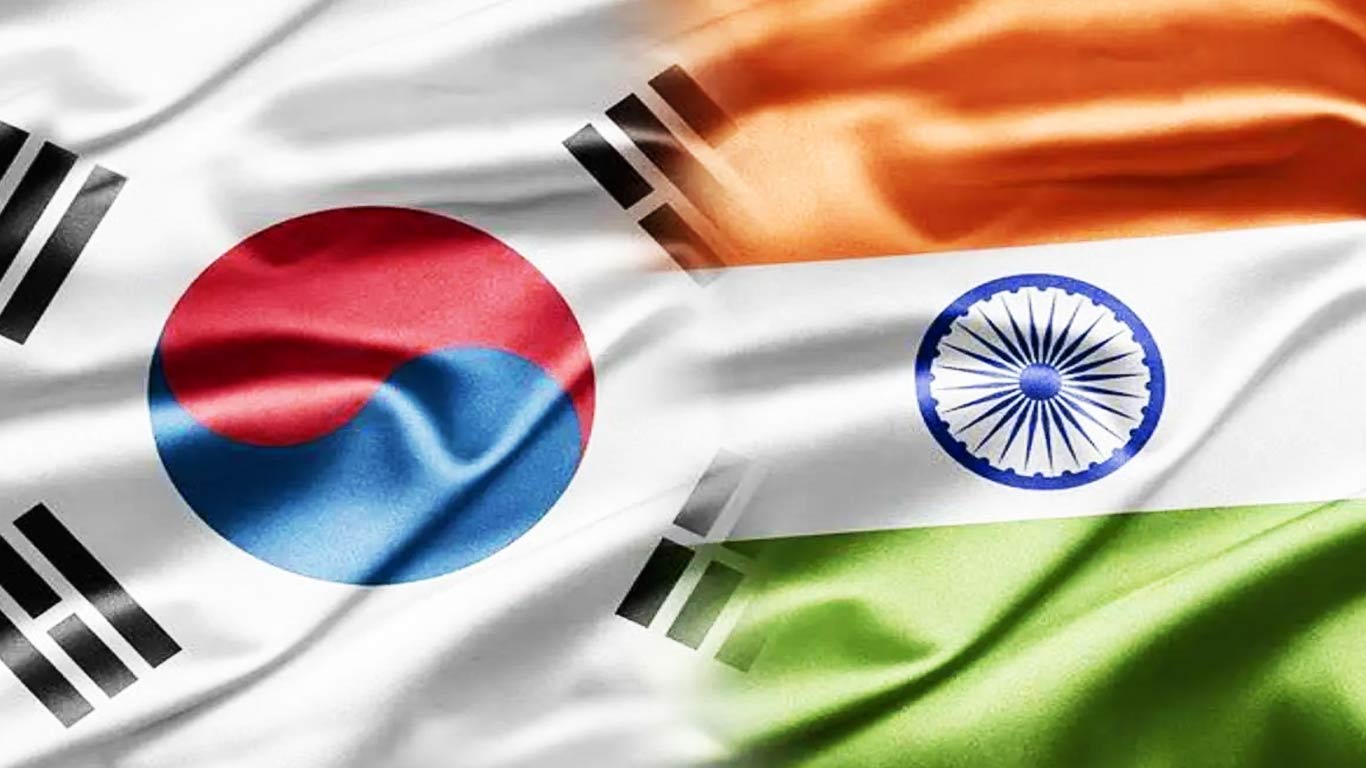GTRI Advises Govt To Not Participate In Free Cross-Border Data Flows Under IPEF
Updated: Oct 27, 2023 04:48:23pm

GTRI Advises Govt To Not Participate In Free Cross-Border Data Flows Under IPEF
New Delhi, Oct 27 (KNN) India should not agree to take binding commitments on free cross-border data flows under the Indo-Pacific Economic Framework (IPEF), Global Trade Research Initiative (GTRI) said on Thursday.
India has so far not joined the IPEF's trade pillar which includes taking onerous commitments on digital trade, it added.
Cautioning the central government, the Think Tank has said that India should not agree to take binding commitments on free cross-border data flows under the IPEF, a 14-member grouping, as the move would lock its policy space.
The IPEF was launched jointly by the US and other partner countries of the Indo-Pacific region on May 23 in Tokyo. The 14 IPEF partners represent 40 per cent of global GDP and 28 per cent of global goods and services trade.
The framework is structured around four pillars relating to trade, supply chains, clean economy, and fair economy (issues like tax and anti-corruption). India has joined all the pillars except the trade one.
“India has not joined the IPEF trade pillar which includes taking onerous commitments on digital trade. India should never agree to binding commitments on free cross-border data flows as it will lock in the future,” GTRI said.
It added that taking the commitments under the World Trade Organisation's (WTO) Information Technology Agreement (ITA - 1) has impacted domestic manufacturing of electronic hardware.
It also said that India should retain flexibility to share data with Indian firms and not big tech companies with a view to promote domestic enterprise.
India should also not agree to no tax on services offered online as the government is going to earn significant revenue with most services shifting online, it said, suggesting not to adopt the US standards on artificial intelligence.
GTRI co-founder Ajay Srivastava said that India's stance in free trade agreements, including the IPEF, on digital trade leans towards retaining control over its data.
With China and India being major data generators and China already safeguarding its data, India believes in maintaining flexibility in data-sharing with domestic companies rather than international tech giants, he said.
The new US stand on digital trade validates India's approach on the subject, Srivastava said, adding the US on October 25 has announced its decision to withdraw its support for select World Trade Organization (WTO) e-commerce proposals.
“Given the US's dominant role in the global digital landscape, this decision is poised to spark a worldwide reassessment of national e-commerce policies, potentially reshaping the future of digital trade agreements. The key issues will be ensuring ample policy space and revisiting national digital trade strategies,” he said.
There are also concerns about the potential dominance of a handful of e-commerce players, which could adversely affect the local industry, particularly Micro, Small, and Medium Enterprises (MSMEs), he added.
(KNN Bureau)











